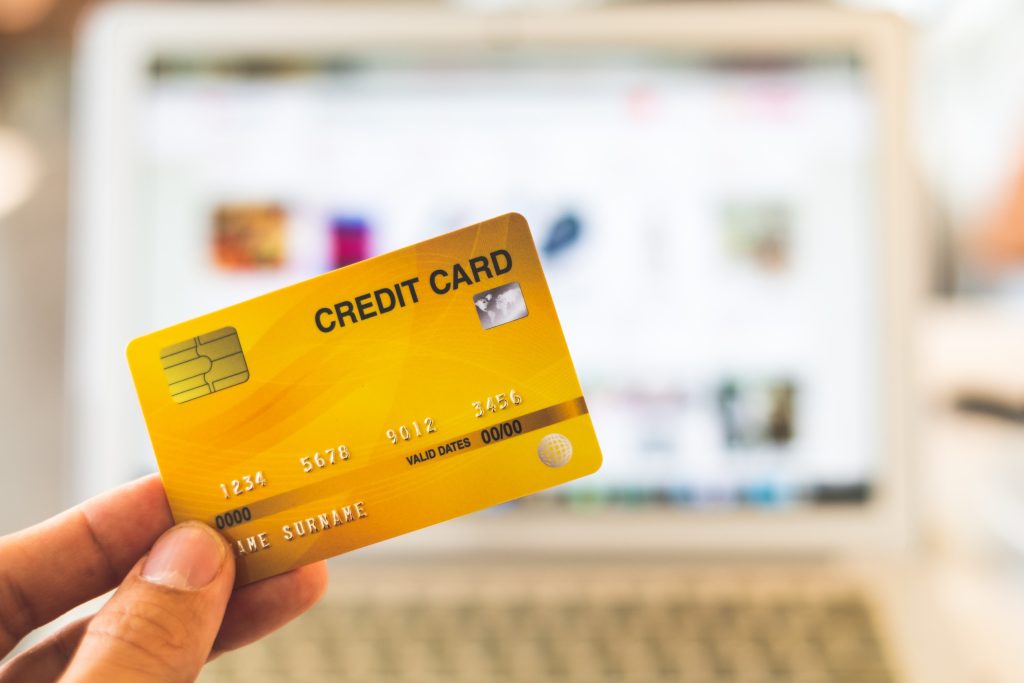
Owning a car can provide freedom and convenience, but an overwhelming car payment can turn this luxury into a financial burden. If you’re struggling to keep up with your car payments, it might be time to reassess your finances. Here are 12 clues that indicate your car payment might be too high.
1. Your Monthly Payment Exceeds 15% of Your Income
Financial experts suggest that your car payment should not exceed 15% of your monthly income. If you’re consistently devoting more than this portion of your earnings to your car loan, it can strain your budget and limit your ability to cover other essential expenses. This imbalance can lead to financial instability, making it difficult to save or invest for the future.
2. You’re Dipping into Savings Regularly
If you’re constantly withdrawing from your savings to meet your car payment, it’s a strong sign that the payment is too high. Savings should ideally be reserved for emergencies or future investments, not routine expenses. Over time, depleting your savings can leave you vulnerable to unexpected financial crises, compounding the stress of your high car payment.
3. High Interest Rates Are Draining Your Wallet
A high-interest rate on your car loan can significantly increase your monthly payments. If you financed your vehicle with a subprime loan, you might be paying much more than the car’s actual value over time. Reviewing your loan terms and considering refinancing options can help lower your payments and save you money in the long run.
4. You’re Falling Behind on Other Bills
Missing or delaying payments on other bills to prioritize your car payment indicates a serious financial imbalance. This can lead to penalties, damaged credit, and increased stress. Ensuring that all your bills are manageable and paid on time is crucial for maintaining financial health and avoiding long-term repercussions.
5. Your Credit Card Debt is Increasing

Using credit cards to cover daily expenses because your car payment consumes too much of your income is a red flag. Accumulating credit card debt can lead to high-interest payments and further financial strain. It’s essential to balance your budget to avoid relying on credit and to maintain a manageable debt level.
6. You Can’t Afford Routine Maintenance
Regular car maintenance is crucial for safety and longevity, but if your car payment leaves you unable to afford these costs, it’s a problem. Skipping maintenance can lead to more expensive repairs down the line and decrease your car’s reliability. Ensuring you can cover both the payment and upkeep costs is vital.
7. Your Emergency Fund is Nonexistent
An emergency fund is a financial safety net that can cover unexpected expenses. If your car payment is preventing you from building or maintaining this fund, it’s too high. Without an emergency fund, you risk financial peril in the face of unforeseen circumstances, such as medical emergencies or job loss.
8. You Feel Constant Financial Stress
Constant worry about making your car payment each month is a significant indicator that it’s too high. This stress can affect your overall well-being and quality of life. Financial peace of mind is important, and reassessing your car payment can help alleviate this burden.
9. You Regret Your Purchase
If you find yourself frequently regretting the decision to buy your car due to the high payment, it’s a clear sign that it might not be financially sustainable. Buyers’ remorse can stem from realizing the car payment is unmanageable and impacting other aspects of your life.
10. Limited Ability to Save for Retirement
Your retirement savings should be a top priority. If your car payment is hindering your ability to contribute to retirement accounts, it’s a major concern. Ensuring that you can save for your future while managing current expenses is crucial for long-term financial stability.
11. You’ve Considered Defaulting on Your Loan
Thinking about defaulting on your car loan due to high payments is a serious indication that the payment is beyond your means. Defaulting can have severe consequences, including repossession of your vehicle and a significant hit to your credit score. It’s important to seek alternatives before reaching this point.
12. You’re Not Building an Emergency Budget
Having an emergency budget is essential for financial security. If your car payment leaves no room to create this budget, it’s a sign that you need to reconsider the affordability of your vehicle. An emergency budget helps cushion against unexpected financial challenges and promotes overall financial health.
Low Car Payment
If any of these clues resonate with you, it may be time to reassess your car payment. Consider refinancing, downsizing your vehicle, or seeking financial advice to better manage your expenses. Your financial well-being is crucial, and ensuring your car payment fits within your budget is a significant step toward achieving stability. Take action now to realign your finances and alleviate the stress of an unmanageable car payment.
Have you ever found yourself with an high car payment? Did you find a way out of it or did you struggle with it? Let us know in the comments.
Read More:
The Safest and Cheapest Car in 2025? We Found It
The Dark Side of Car Leases: 7 Things You’re Not Being Told

Latrice is a dedicated professional with a rich background in social work, complemented by an Associate Degree in the field. Her journey has been uniquely shaped by the rewarding experience of being a stay-at-home mom to her two children, aged 13 and 5. This role has not only been a testament to her commitment to family but has also provided her with invaluable life lessons and insights.
As a mother, Latrice has embraced the opportunity to educate her children on essential life skills, with a special focus on financial literacy, the nuances of life, and the importance of inner peace.
